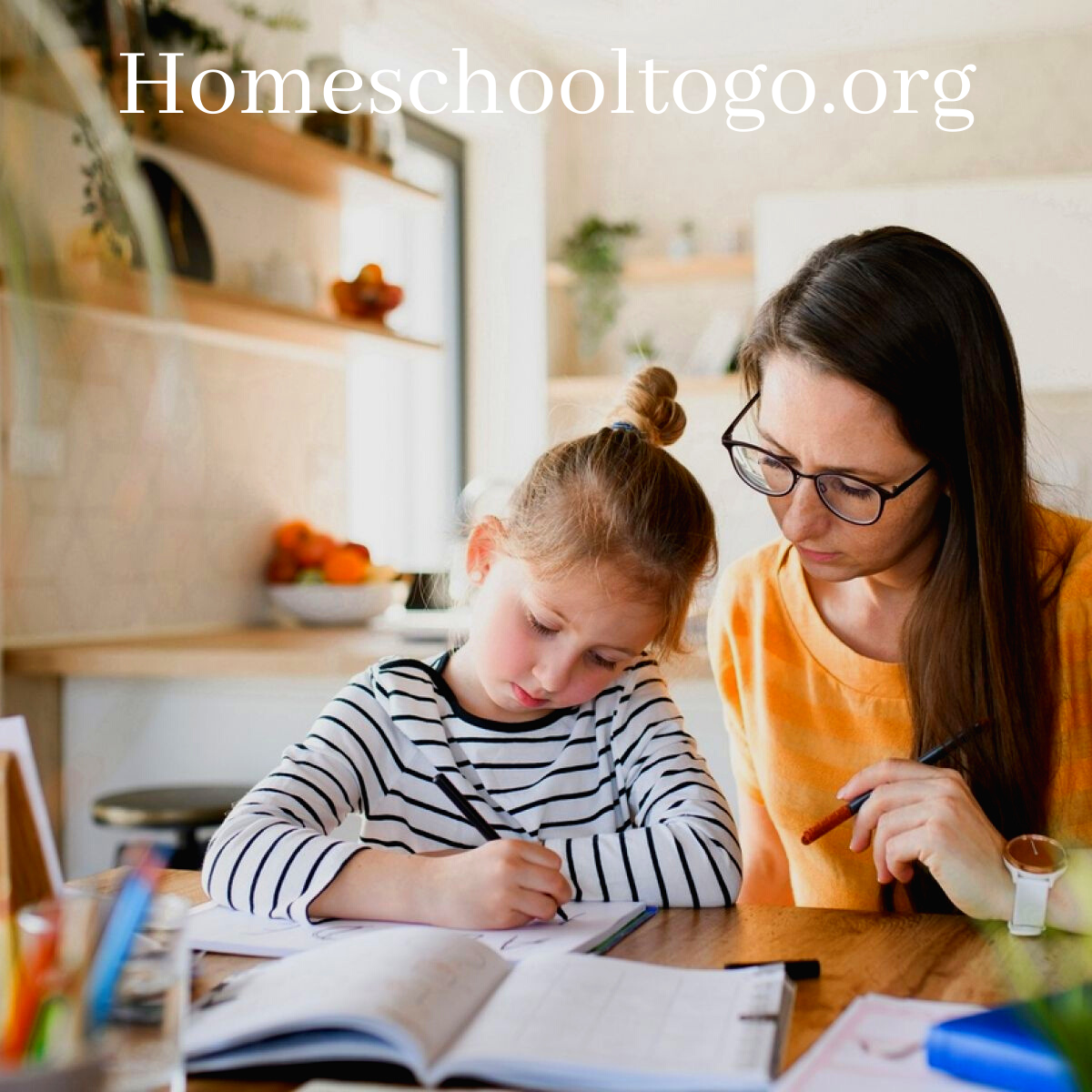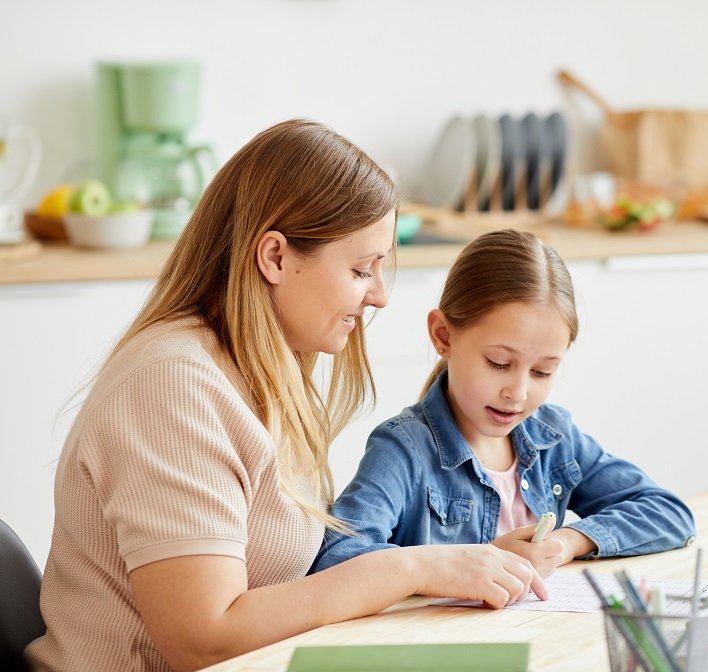
Having a child Bilingually Homeschooled gives parents more control over their child’s education and offers students the chance to learn in a setting that may be better for them than a traditional school setting. While some groups, like the National Education Association, don’t like Bilingual Homeschooling, research shows that educating your child at home doesn’t usually hurt her.
Academic Achievements
On average, Bilingually Homeschooled kids do better on standardized tests than kids who go to school. In 2010, the Department of Education said that homeschoolers tend to have better grade point averages, ACT scores, and graduation rates than students who go to school. Homeschoolers also do well in academic competitions, like spelling bees and geography bees, and it is not unusual for them to do very well. For example, ABC News says that a Bilingually Homeschooled student won the Scripps Howard National Spelling Bee in 2013, which took place in 2013. More than 10% of the finalists in the competition were Bilingually Homeschooled.
Implications for the development of society
When people don’t understand Bilingual Homeschooling, they make the mistake of thinking that Bilingually Homeschooled kids don’t have good social skills. Bilingual Homeschooling is the best option to protect your child from being bullied, getting drugged, or being harassed by other kids who aren’t his friends. According to the Family Education website, a child who spends more time with their parents than with their friends is more confident and has more self-respect and self-worth. The site says that independent studies show that homeschoolers are more socially “well adjusted” and less likely to have behavioral problems than students who go to school in a traditional setting. After-school clubs, scouting groups, groups for homeschoolers, and classes and clubs around the community are all excellent places for a homeschooler to meet new people who aren’t her friends.

Independent Thinking and Self-Esteem
There isn’t the same kind of peer pressure and teasing in a Bilingual Homeschooling setting as in a classroom. This means that a student is more likely to think for himself and develop his ideas. It turns out that during school, a student can pay more attention to learning than things like his clothes, fitting in, or bullies. In Family Education, they say Bilingually Homeschooled kids have better self-esteem because they don’t have to deal with the judgment of their peers. This is because they don’t have to deal with the pressure of their peers. Bilingually Homeschooled children don’t live by the trends that other people are following. The values that you teach them to make their lives different from other people’s lives.
Leadership and involvement in the community
Kids who are Bilingually Homeschooled are more likely to get involved in their communities than kids who go to school in a traditional classroom, according to KidsHealth.org. There are many reasons for this, such as learning by doing at places like museums and parks. When you write a Bilingual Homeschooling curriculum, you can let your child do community service projects, go to the polls, go to church, and do service learning projects without having to worry about school schedules or homework. Adults who were Bilingually Homeschooled as a child or teen are more likely to help their communities, go to public meetings, and vote than people who traditionally went to school.
